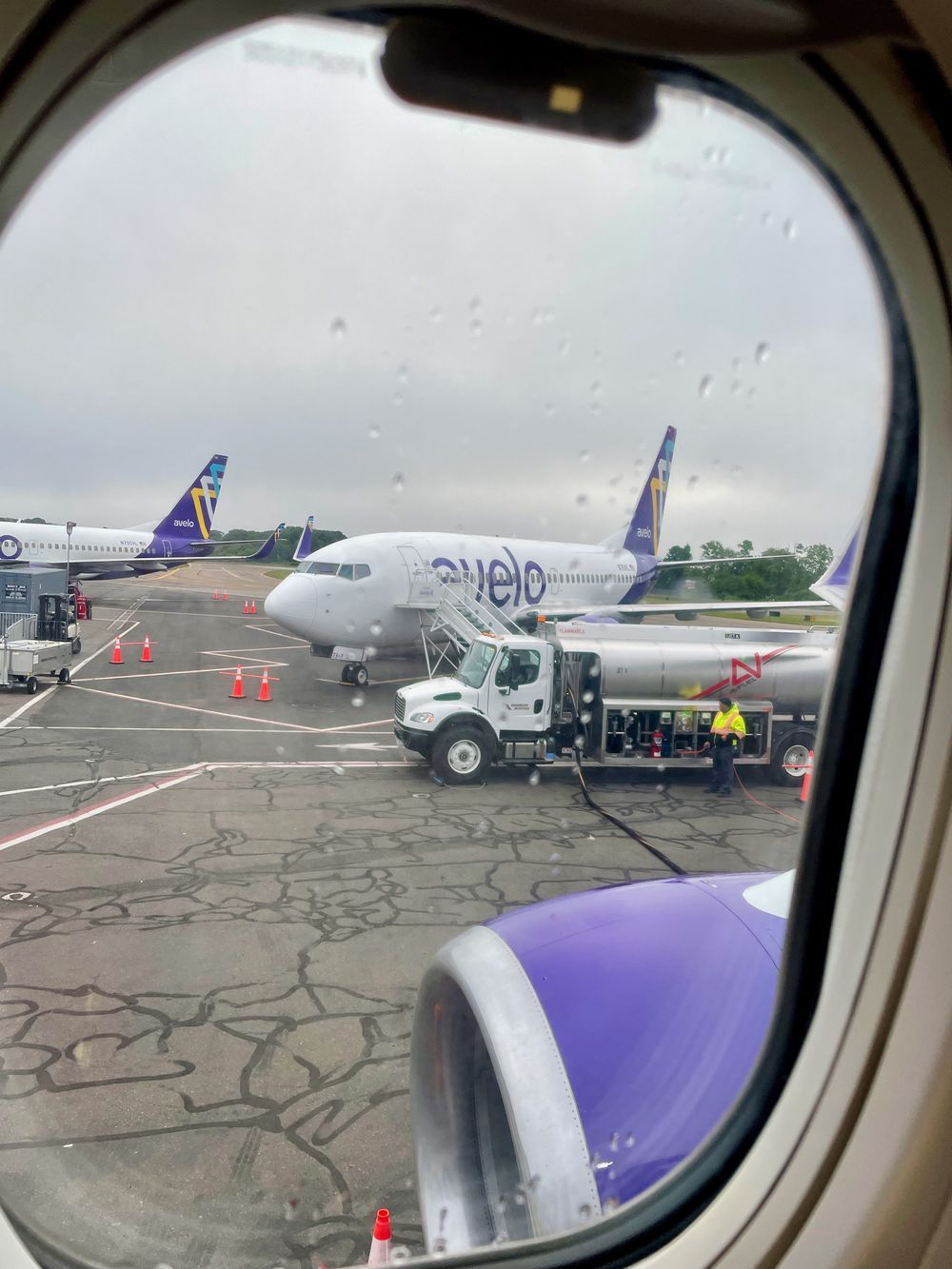Is Avelo Airlines the future of affordable air travel, or is it facing turbulence on its flight path? Avelo Airlines is rapidly expanding its reach, but scrutiny from regulators and operational challenges suggest a more complex reality than the initial promise of low fares and convenient routes.
The recent flurry of announcements from Avelo Airlines, including expansions at Concord-Padget Regional Airport near Charlotte and the addition of a route from Manchester-Boston Regional Airport to Greenville-Spartanburg, signals an aggressive growth strategy. The airline is clearly aiming to capture a larger share of the market by offering budget-friendly flights to underserved destinations. However, this ambition is not without its critics. Attorney General William Tong of Connecticut has expressed “deep disappointment” with Avelo, raising questions about the company's dealings with the U.S. Department of Homeland Security. This, coupled with operational adjustments and route discontinuations in certain regions of California, paints a picture of an airline navigating a challenging environment. The partnership with Quinnipiac University for affordable travel options hints at a broader strategy to integrate itself within various communities.
The expansion at Concord-Padget Regional Airport (USA), with six new nonstop routes, underscores Avelo's commitment to establishing a significant presence in the Queen City. This move is part of the largest expansion in the company's history, indicating an aggressive approach to capturing market share. The airline is targeting the demand for affordable and convenient travel options in the region, positioning itself as a more accessible alternative for air travel.
Alongside the expansion, the announcement of a twice-weekly route from Manchester-Boston Regional Airport (MHT) to Greenville-Spartanburg International Airport (GSP) highlights the airline's strategy of connecting smaller, often underserved, markets. By focusing on these routes, Avelo aims to create a niche for itself, avoiding direct competition with larger airlines on more established routes. This approach, however, comes with its own set of challenges, including the need to build brand recognition and overcome the logistical complexities of operating at smaller airports. The new service to GSP commencing on May 10, 2024, is evidence of the commitment to enhancing connectivity within these communities.
Despite the growth, Avelo Airlines is facing scrutiny. Attorney General William Tong's expression of deep disappointment raises concerns about the airline's operations and its dealings with government contracts, particularly those related to the U.S. Department of Homeland Security. Such scrutiny can impact public perception and potentially lead to regulatory investigations, presenting a significant hurdle for the airline's expansion plans. The Attorney General's request for answers underscores the importance of transparency and compliance within the aviation industry.
The airline is also adapting its operational strategy. The discontinuation of flight service in parts of California, citing the departure of a business partner supporting airport operations at Redding, highlights the challenges of managing costs and maintaining a consistent service network. This shift suggests that Avelo is constantly evaluating its route network and making adjustments based on market demand, operational efficiency, and profitability. These types of changes can erode trust among customers, especially if frequent alterations lead to flight cancellations or disruptions.
The partnership with Quinnipiac University, providing students, faculty, and the Bobcat community with affordable air travel options, showcases Avelo's effort to build strong relationships with local communities and tap into specific market segments. This kind of partnership can create brand loyalty and generate positive word-of-mouth, helping to foster a positive public image. Such strategies can be crucial for smaller airlines, especially when competing against established and well-known legacy carriers.
Avelo's business model, built on low fares, convenient airports, and friendly service, is designed to appeal to budget-conscious travelers. The airline aims to inspire travel by offering more accessible options, opening up travel to a wider audience. The continued support from the Humboldt County community for air travel to Southern California after Avelo began operations, as noted in recent reports, indicates the potential for this model to resonate with travelers seeking value and convenience. Yet, the ultimate success will depend on the airline's ability to balance its ambitious expansion plans with effective cost management, regulatory compliance, and customer satisfaction.
The future of Avelo Airlines is far from certain. While the airline continues to expand its network and form strategic partnerships, questions remain regarding its long-term viability. The company's success hinges on its ability to navigate challenges related to regulatory scrutiny, route profitability, and operational efficiency. Only time will tell whether Avelo can successfully carve out a significant and sustainable position in the competitive airline industry.



